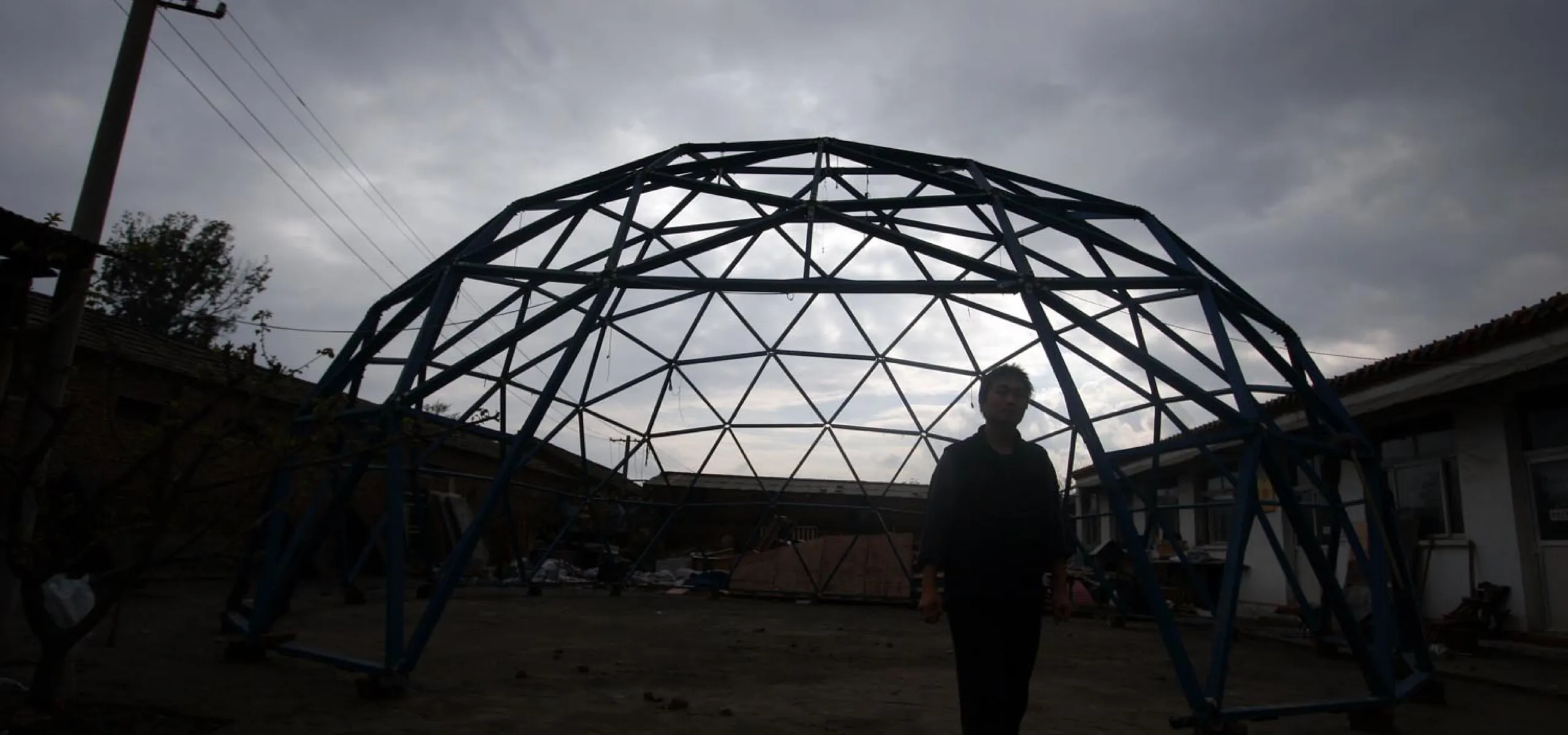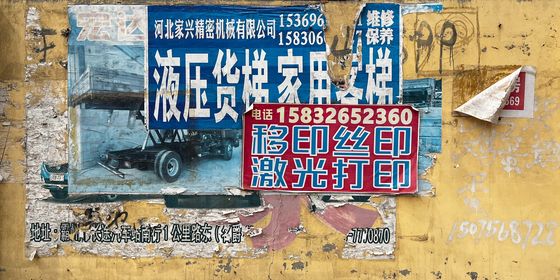Leaving behind an abusive marriage, a migrant worker from the countryside discovered a literature club and reignited her dreams of writing
1/7
It was only the start of April, but Mengyun was already sick of being in her hometown. She felt like there was a fire burning in her heart, that couldn’t be quenched by her daily routine of walking from the living room to the firewood shed, from the back garden to the stove.
In March, her employer had told her, tactfully, that she and her husband were both working from home, so their salaries were being reduced by half; and their son was going to be old enough to start kindergarten soon. Mengyun took the hint right away: She was about to lose the nanny job she’d held for three years.
It had been two months since she had returned to her hometown, and she felt like she was sitting still while her savings dwindled away. She had gotten used to the nonstop rhythm of working and earning money. Shortly after she came home, her right arm began to hurt. It was the consequence of years of holding children in her arms. Her left knee bothered her, and she lost one of the molars on her right side. A machine in a factory will develop problems when it is forced to stop operating; people are no different.
But what Mengyun really couldn’t bear was the atmosphere in her hometown. When she’d first come home before the Lunar New Year, her husband and mother-in-law both came over to look at what she’d dragged back in her suitcase. They didn’t imagine it was full of books. Her mother-in-law grunted and walked away, as if she’d gotten a lottery ticket saying “Thank you for your participation.” Her husband, however, snorted with laughter. “What are you doing with this useless junk? Don’t you think it’s heavy?”
Mengyun tried to explain that she had joined a literary group for migrant workers in Beijing. Every week, university professors, writers, and editors would give them lectures. There were even professors from Peking University. Hadn’t he heard of PKU? Didn’t he know how hard it was to get in? With her teachers’ encouragement, Mengyun had picked up a pen to write her own stories. Some were even published on the group’s WeChat account. The books she’d brought home were all gifts from her teachers. She was usually too tired to read them after looking after the kids and doing housework all day, but she insisted on bringing them home. She was sure she would have time to read them after she retired.
Her husband was impressed by the words “Peking University.” But hearing them from his wife’s mouth felt like a joke. Sometimes, when Mengyun had a free moment at home, she would pick up some paper in order to write a few words, and her relatives would poke fun, “Hey, you’re really gonna be a writer?” Her husband would guffaw along with them. Buoyed by the crowd, he felt brave enough to laugh at his wife.
Toward the end of March, their son brought home good news: His girlfriend of several years had agreed to get married by the year’s end. The two families met several times to negotiate, and the girl’s family’s bottom price was a gift of 20,000 yuan from Mengyun’s family to use for a down payment for an apartment in the city. Mengyun’s family had no choice but to agree. Her son was 30 years old, the oldest bachelor in the city. These years, the price of betrothal gifts in Gansu rarely dropped below 20,000 yuan, plus a separate down-payment for an apartment. Mengyun thought the other family had been generous enough, so she prepared to herself to return to Beijing to get another job.














